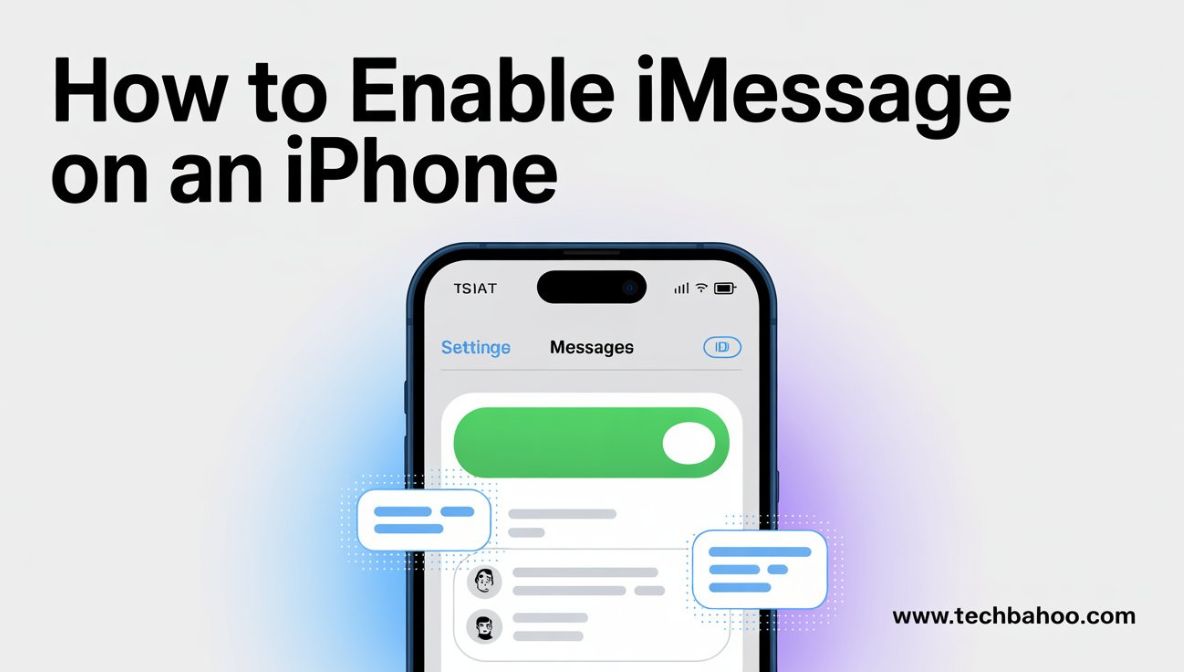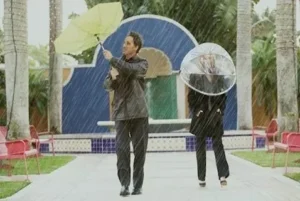Enable iMessage on your iPhone to access secure, data-based messaging with other Apple users. It replaces SMS when you’re connected to the internet, allowing you to send high-resolution photo sharing, use screen effects, and enjoy message privacy.
You’ll notice the change instantly blue text bubbles mean your message is encrypted and delivered through Apple’s servers.
If you’re new to iOS or setting up a device, this guide shows how to turn on iMessage step by step. You’ll also learn how to adjust iPhone iMessage settings like read receipts, troubleshoot activation issues, and understand the difference between green vs blue text bubbles. It only takes a few minutes to get started.
What Is iMessage and Why Use It?
iMessage is Apple’s built-in messaging platform. It works over Wi-Fi or mobile data and is exclusive to Apple devices. You can send texts, images, videos, and more without using your SMS allowance.
iMessage features include screen effects, stickers, message reactions, and full-resolution photo sharing. It also supports seamless syncing across iPhone, iPad, and Mac.
Check These Before You Enable iMessage
- Connect to a Wi-Fi or mobile data network
- Sign in with your Apple ID under iPhone settings
- Set the correct date and time
- Make sure your carrier supports SMS (used during activation)
How to Enable iMessage on iPhone
Step-by-Step Instructions
| Step | Action |
| 1 | Open the Settings app on your iPhone |
| 2 | Scroll down and tap Messages |
| 3 | Toggle on iMessage (green = active) |
| 4 | Tap Send & Receive |
| 5 | Choose your phone number and email |
| 6 | Return to the home screen and test iMessage |
If you’re prompted to sign in with your Apple ID, complete that step to finish setup.
Confirm iMessage Is Working
Send a test message to another Apple user. If the message bubble is blue, your Apple messages are using iMessage. If it’s green, the system is using SMS instead.
Also confirm your device lists your number and email in send & receive iMessages settings. This avoids delivery issues.
Common Problems When Activating iMessage
- Poor or unstable internet
- Wrong date or time
- Issues with your Apple ID login
- Carrier restrictions
To fix these, restart your device, update iOS, or reset network settings.
Optional iPhone iMessage Settings
| Setting | Description |
| Send as SMS | Sends as SMS if iMessage fails |
| Read Receipts | Allows others to know when you’ve read messages |
| Low Quality Image Mode | Sends compressed photos to save data |
| iMessage Stickers & Effects | Enable or disable message effects and stickers |
You can also disable read receipts if you want more privacy in your chats.
Blue vs Green Text Bubbles
| Color | Message Type | Uses Data? | End-to-End Encrypted? |
| Blue | iMessage | Yes | Yes |
| Green | SMS/MMS | No | No |
Blue text bubbles mean you’re sending Apple user messaging with full features. Green indicates standard SMS.
Benefits of Using iMessage
- High-resolution photo sharing
- iMessage read receipts
- End-to-end message privacy
- Group messaging with Apple users
- Access to screen effects and message reactions
iMessage also makes switching from Android to iPhone smoother by syncing your Apple messages across devices.
Frequently Asked Questions
Why won’t my iMessage activate?
Check your internet, Apple ID, and date/time settings.
Are iMessages free to send?
Yes, as long as you use Wi-Fi or mobile data.
What do blue and green bubbles mean?
Blue is iMessage. Green is regular SMS.
More Read Also : Bitcoin Halving: Why It Matters for Crypto Traders
Final Words
To enable iMessage, you only need an internet connection and your Apple ID. Go to your iPhone settings, tap Messages, and switch on iMessage. It’s simple and takes less than a minute.
Once active, you can send photos, videos, and texts using data instead of SMS. You’ll also get features like blue text bubbles, message effects, and better privacy.
If it doesn’t work right away, check your Apple ID and network. Follow the steps in this guide, and you’ll be ready to use iMessage on iPhone without any problems.











